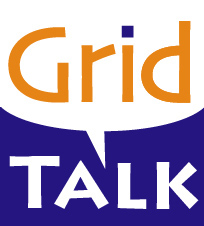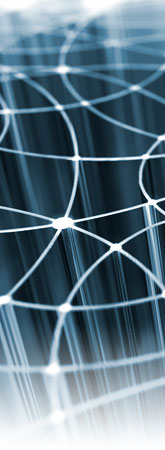News & Events
The data-centric age
 t is estimated that more scientific data will be generated in the next five years than in the history of mankind. But while more data provides opportunities for new discoveries and fields of inquiry it has created problems with regards to storage, curation, access and analysis. This GridBriefing provides a snapshot of the most pertinent topics resulting from the so-called data deluge.
t is estimated that more scientific data will be generated in the next five years than in the history of mankind. But while more data provides opportunities for new discoveries and fields of inquiry it has created problems with regards to storage, curation, access and analysis. This GridBriefing provides a snapshot of the most pertinent topics resulting from the so-called data deluge.
The Briefing explores the data deluge across diverse disciplines and in terms of long-term preservation, considering also the role of librarians.
Donatella Castelli, D4Science - By simplifying curation, sharing, access and processing of cross-domain data, e-Infrastructures will revolutionise the way in which research is conducted. New forms of inter-disciplinary collaborations and innovative knowledge generation approaches will be empowered - these will largely contribute to increase the performance of the scientists in addressing key research challenges.
Silvana Muscella, Trust-IT Services & GRDI2020.eu – Today, rapidly increasing amounts of scientific data are archived in distributed repositories each with specific access and management technologies using different file formats and metadata tools. There is a need for a coordinated approach for globally federated Data Management Institutions to bring these diverse communities together. GRDI2020 establishes a European coordinated international effort for obtaining technical, organisational, and policy recommendations that will guide the development of ecosystems of Global Research Data Infrastructures (GRDIs).


